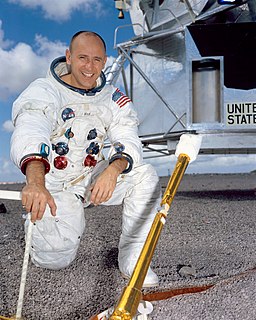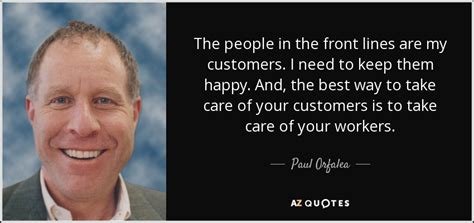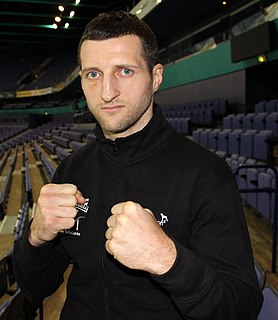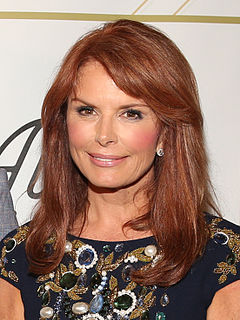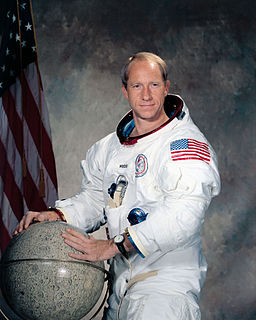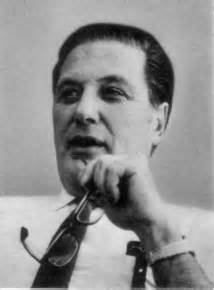A Quote by Alan Bean
It was hard for me to believe. I would look down and say, 'This is the moon, this is the moon,' and I would look up and say, 'That's the Earth, that's the Earth,' in my head. So, it was science fiction to us even as we were doing it.
Related Quotes
If the moon and earth were not retained in their orbits by their animal force or some other equivalent, the earth would mount to the moon by a fifty-fourth part of their distance, and the moon fall towards the earth through the other fifty-three parts, and they would there meet, assuming, however, that the substance of both is of the same density.
There was just one moon. That familiar, yellow, solitary moon. The same moon that silently floated over fields of pampas grass, the moon that rose--a gleaming, round saucer--over the calm surface of lakes, that tranquilly beamed down on the rooftops of fast-asleep houses. The same moon that brought the high tide to shore, that softly shone on the fur of animals and enveloped and protected travelers at night. The moon that, as a crescent, shaved slivers from the soul--or, as a new moon, silently bathed the earth in its own loneliness. THAT moon.
No one, it has been said, will ever look at the Moon in the same way again. More significantly can one say that no one will ever look at the earth in the same way. Man had to free himself from earth to perceive both its diminutive place in a solar system and its inestimable value as a life -fostering planet. As earthmen, we may have taken another step into adulthood. We can see our planet earth with detachment, with tenderness, with some shame and pity, but at last also with love.
Had the news of salvation by Jesus Christ been inscribed on the face of the sun and the moon, in characters that all nations would have understood, the whole earth had known it in twenty-four hours, and all nations would have believed it; whereas, though it is now almost two thousand years since, as they tell us, Christ came upon earth, not a twentieth part of the people of the earth know anything of it, and among those who do, the wiser part do not believe it.
When you head on out to the Moon, in very short order, and you get a chance to look back at the Earth, that horizon slowly curves around in upon himself, and all of sudden you're looking at something that is very strange, but yet is very, very familiar, because you're beginning to see the Earth evolve.
